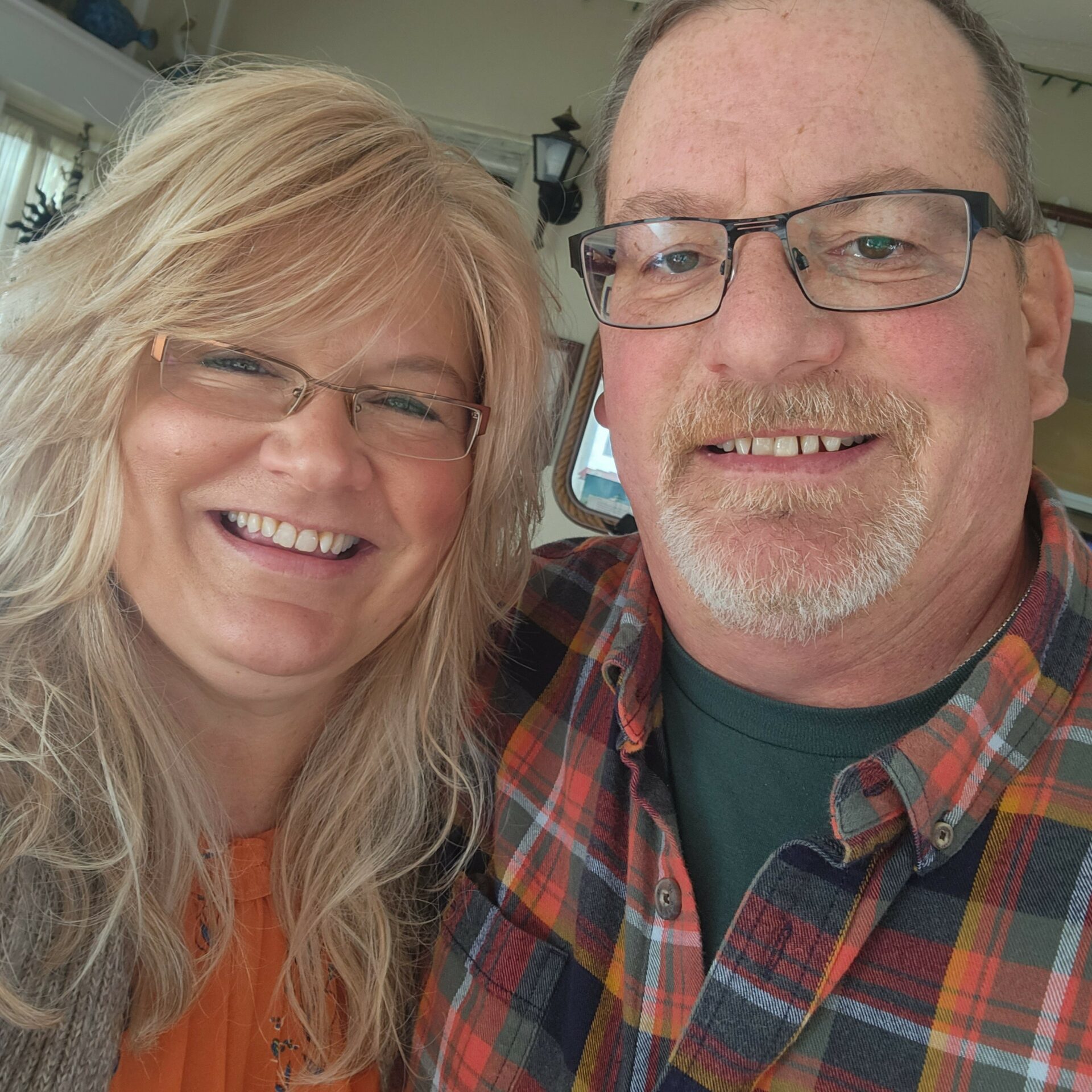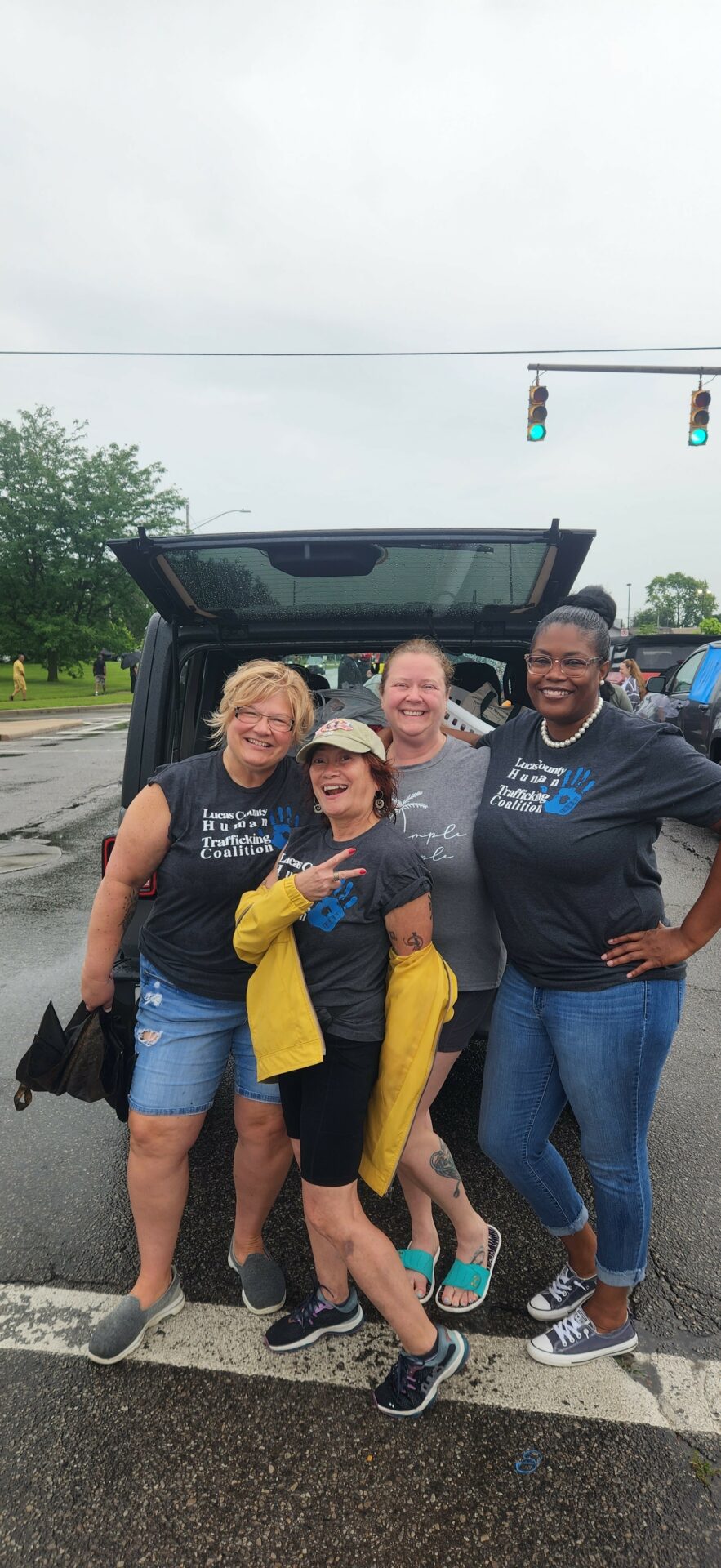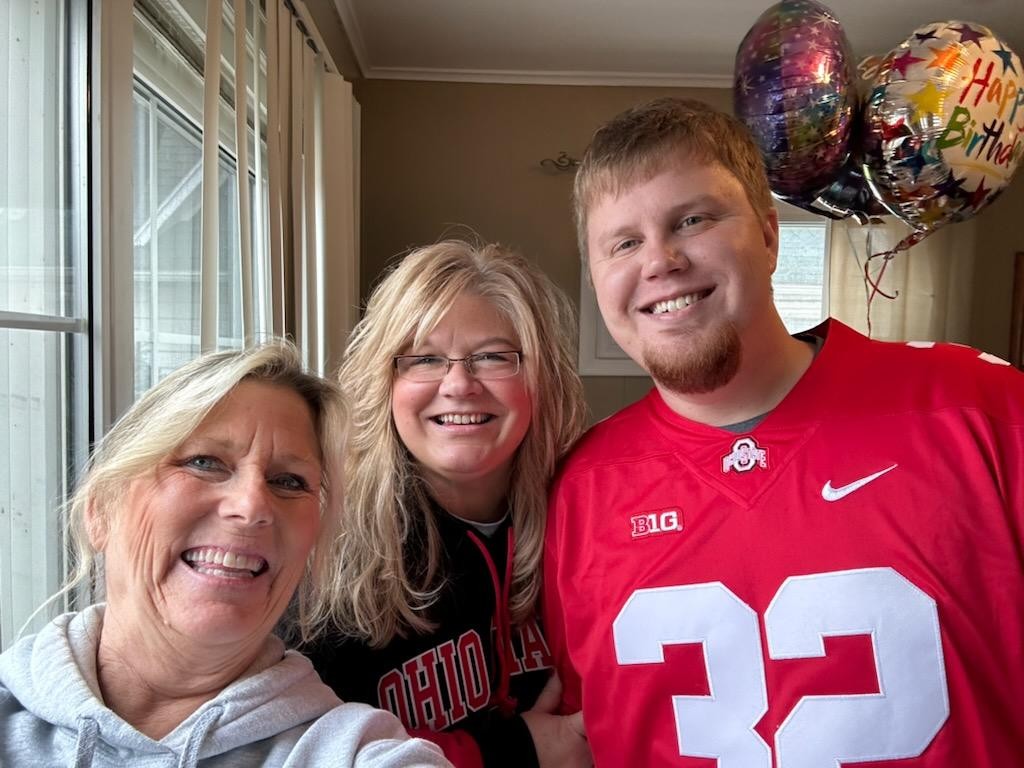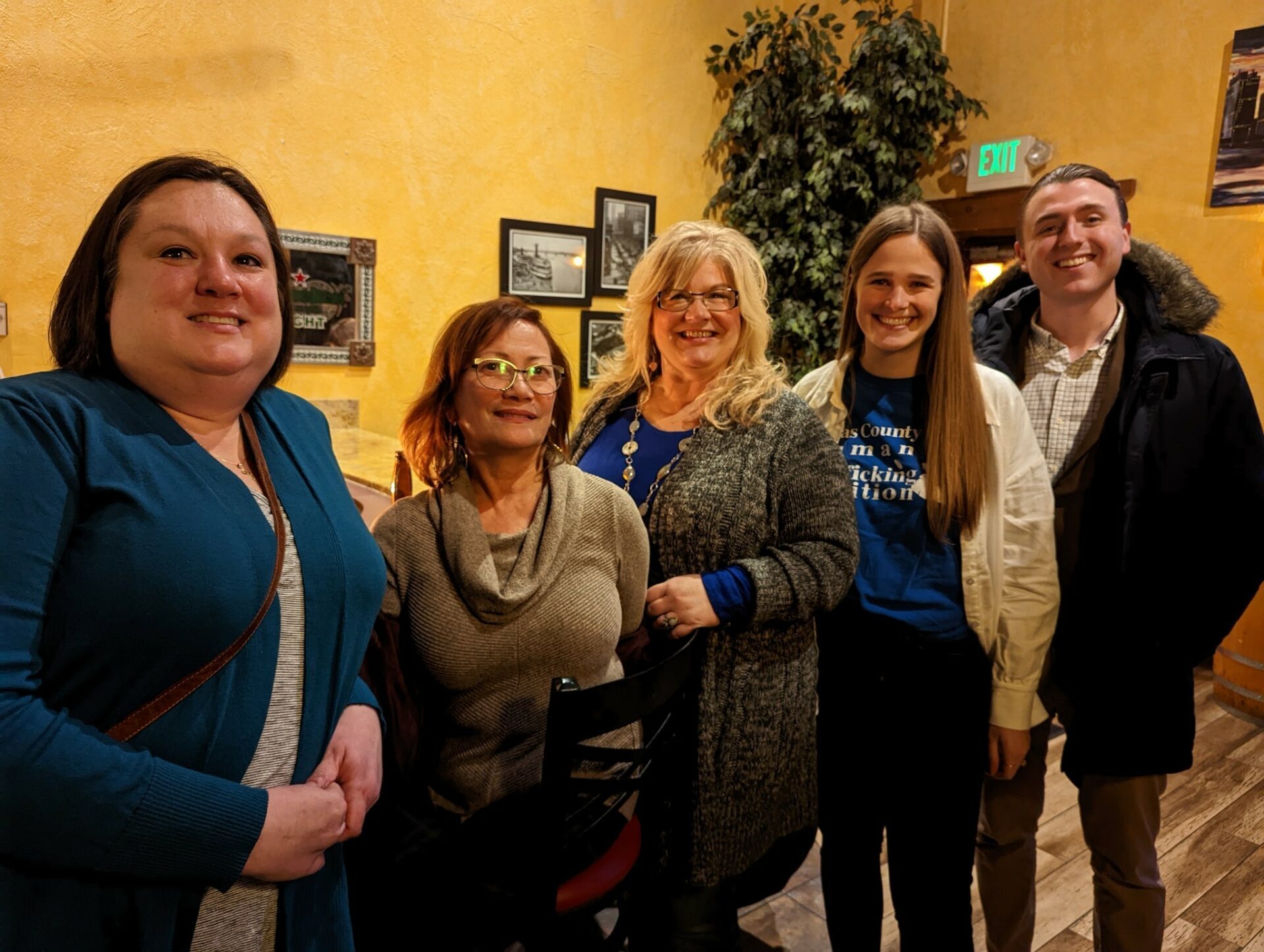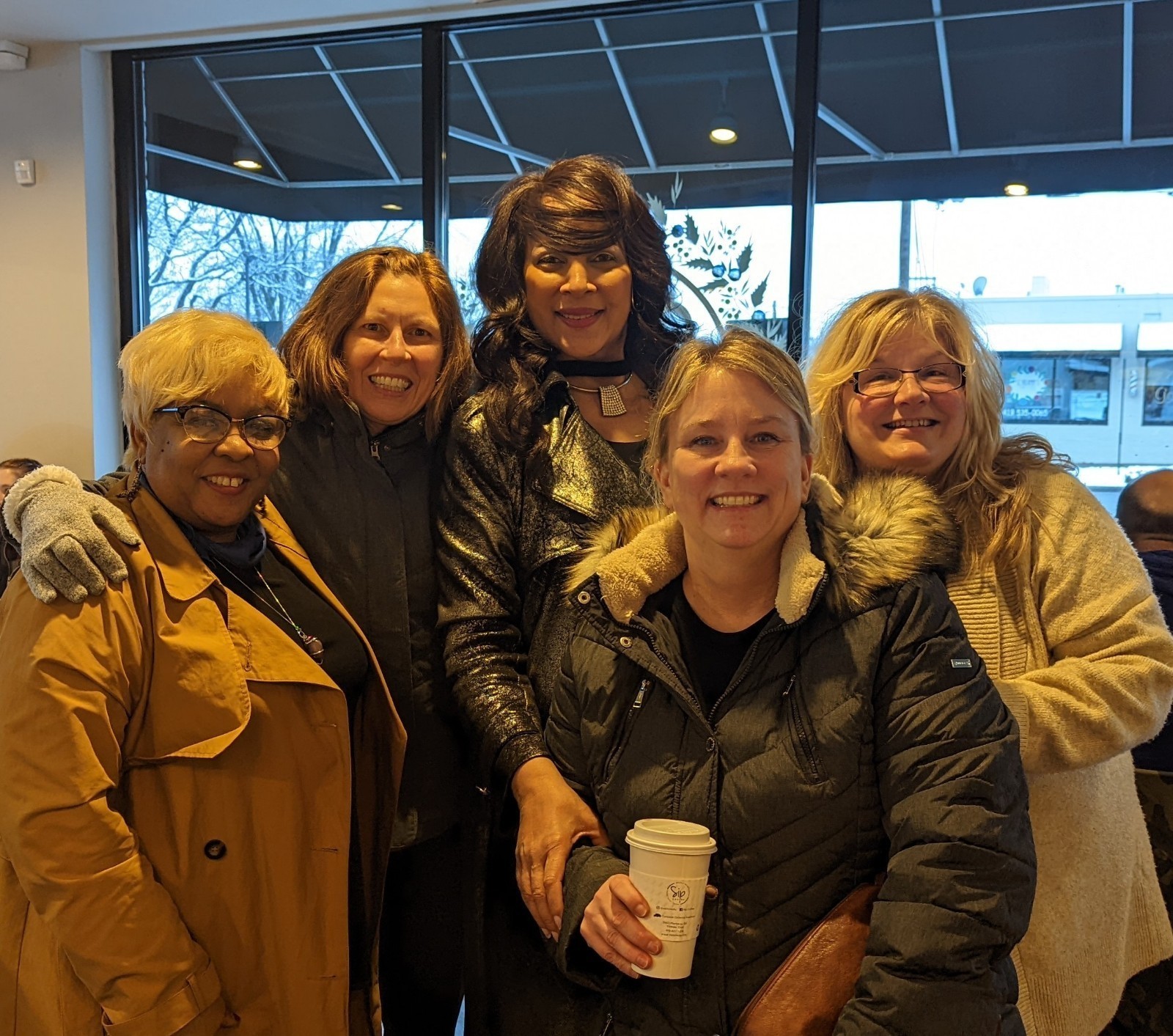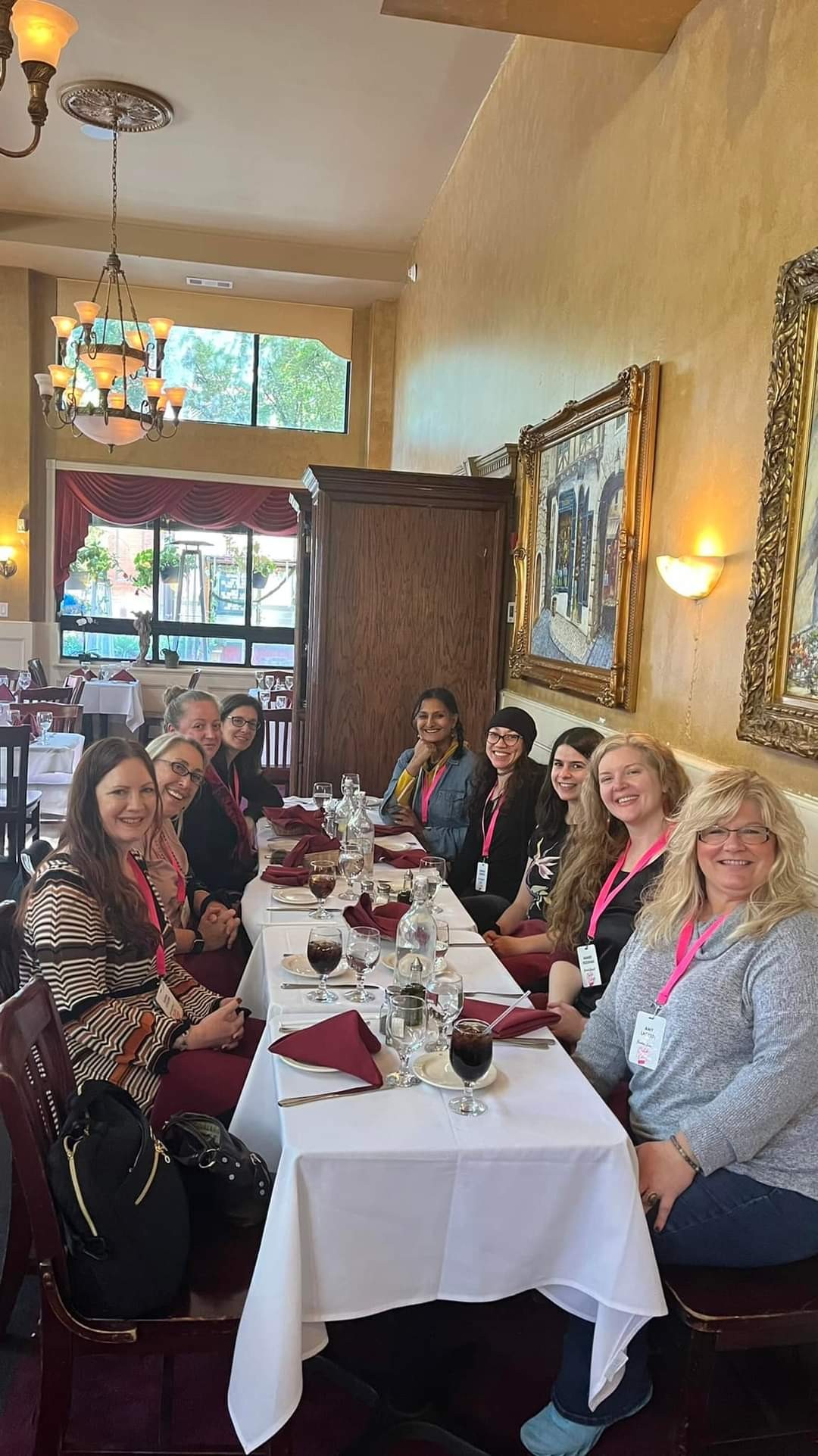We’re excited to introduce you to the always interesting and insightful Amy LaGesse. We hope you’ll enjoy our conversation with Amy below.
Hi Amy, really happy you were able to join us today and we’re looking forward to sharing your story and insights with our readers. Let’s start with the heart of it all – purpose. How did you find your purpose?
I have always wanted to help people. I wanted to be a dentist and then a physician, but Chemistry Class 6 and I were not friends. One day, I took a Sociology class, and I knew I had found my tribe. So many options with my master’s degree, I knew I was going to help others.
My career has always had a life of its own and I have held on for the ride. My purposes found me. I have helped people in one way or another in every position I held. My entire career has revolved around topics and populations that the public at large do not want to look at, and/or hear about, or be associated with in any way. I have worked with individuals and families affected by HIV/AIDS when you were likely to die a painful death. I managed those delivering news of HIV exposure and/or exposure to syphilis. I eventually steered towards working with family planning health centers and clinics which respected a women’s choice regarding her body. Now, I fight every day to ensure that human trafficking survivors receive services needed to assist them on their healing journey.
My purpose has been to ensure that marginalized populations are seen and heard. Lucky enough to have been born this way, baby.
Thanks for sharing that. So, before we get any further into our conversation, can you tell our readers a bit about yourself and what you’re working on?
My name is Amy LaGesse and I am a Social Justice Advocate, an anti-Human Trafficking Consultant, a Chair for the local anti-human trafficking Coalition in my region, and a Program Manager at the University of Toledo’s Human Trafficking and Social Justice Institute. under the direction of Dr. Celia Williamson.
One of the programs I manage is the FOCUS on Runaways Project. The goal of the project is to identify at risk youth or youth that have likely been trafficked and to connect them and their families to needed services. This project is successful because of community partners that already serve youth in this region, being willing to partner with the Institute and utilize the screener with all clients. FOCUS uses a youth screener, in its second iteration, that is completed by the youth and then scored. Dependent on the scores, the screener determines if the youth is at risk of being trafficked and/or if they are or have been trafficked in the past. If a youth is at risk of trafficking, referrals are made to agencies that can assist and provide mental health services or substance use disorder services. If the youth scores likely trafficked, the youth is referred to the PATH Program.
PATH stands for Partners Against Trafficking in Humans and is the second program that I manage at the Institute. PATH’s goal is to assist the victim on their healing journey moving from victim, to survivor, to thriver. PATH uses assessments, education and referrals to move the survivor through their individual journey. Like FOCUS, PATH also works with community partners who have been trained how to use PATH and its tools to assist clients.
There is so much advice out there about all the different skills and qualities folks need to develop in order to succeed in today’s highly competitive environment and often it can feel overwhelming. So, if we had to break it down to just the three that matter most, which three skills or qualities would you focus on?
In order to be successful, you will need to collaborate with others along the way, and the kindergarten golden role stands: treat others how you want to be treated. Be kind, you do not know what others are going through, be approachable and open to ideas different than your own. Breathe–will it matter tomorrow?
Another old adage is you never know who you might need. Do not burn bridges and speak from anger because you never know who you might need help from down the road.
Listen, not listen and ready to pounce with an answer when that person is done, but truly listen to what they are saying and what they are not saying. Ask questions and be prepared for their answer. A side note would be to watch your face. Our faces show our true emotions no matter what our lips are saying.
Alright so to wrap up, who deserves credit for helping you overcome challenges or build some of the essential skills you’ve needed?
The honest answer is me. I hold myself accountable and I am not afraid to admit when something didn’t go as planned or when it rocked! Sometimes the challenge to be better can only be addressed when we overcome our own ego. Often, we care too much about what others think of us and not enough about what we think of us. Until you learn to move beyond what others think of you, it will be hard to be successful.
Every supervisor I have had throughout my career has shown me skills I want to incorporate into my toolbox as a leader or they have shown me things I never want to do as a leader.
Colleagues in your respective field are some of the greatest resources when looking to develop new programming for the population you are serving.
Your project is new to you, but you can bet that someone else has most likely done this work, so don’t be shy, collaborate and learn from others.
Contact Info:
- Linkedin: Amy LaGesse
